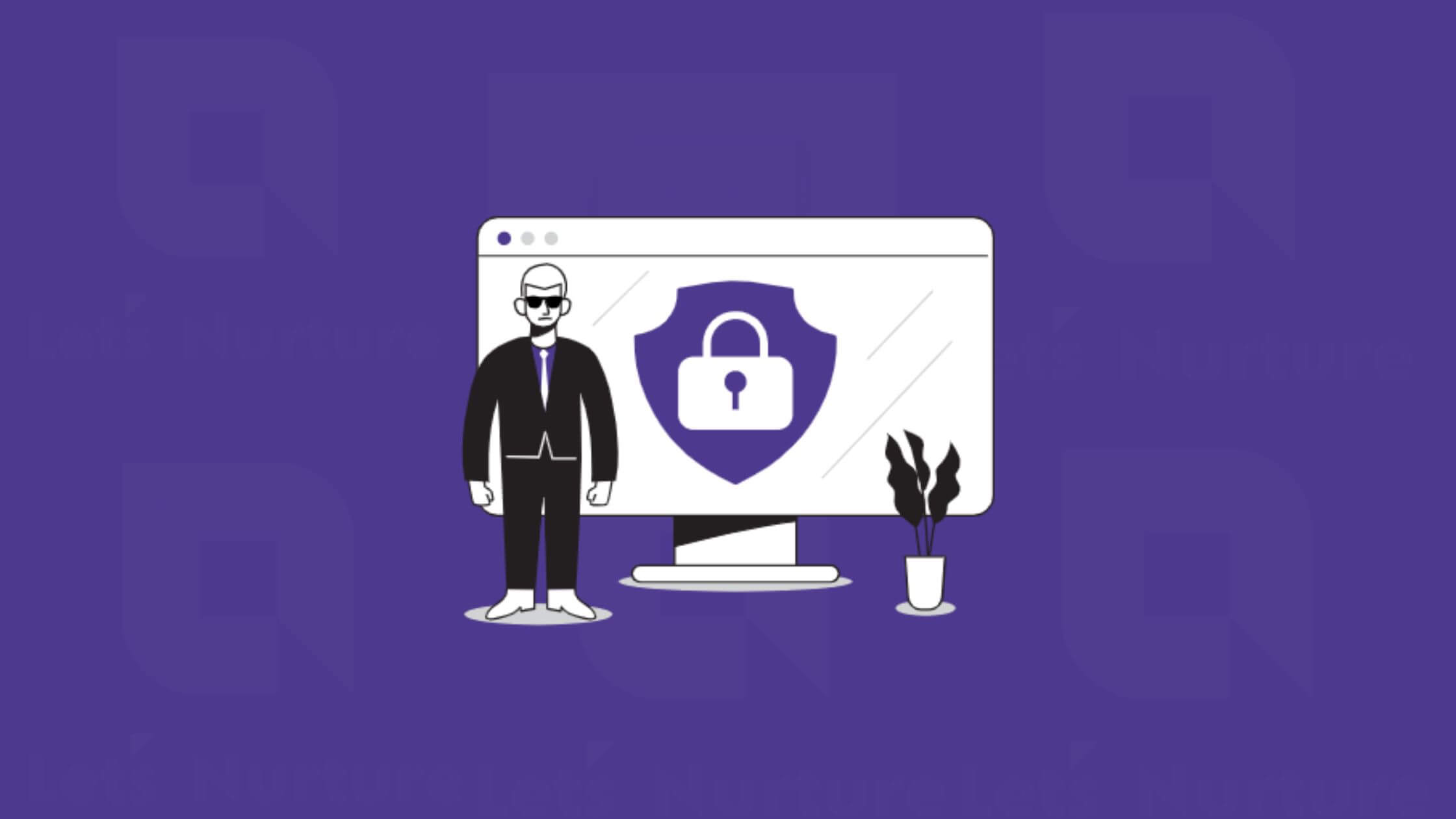-

How Much it ll cost to build an app like
- Cost to develop an Uber Tow Truck App
- Cost to develop a Pest Control App
- Cost To Develop a Handyman App Like Uber
- Cost To Develop a Doctor Appointment Booking App
- Cost To Develop An App Like MoodBites
- Cost To Develop An App Like SkipTheDishes
- Cost To Develop An App Like Q Chat
- Cost To Develop An App Like TickTick
- Cost To Develop An App Like ContractBook
- Cost To Develop An App Like Utter
-

How Much it ll cost to build an app like
- Cost to develop a Video Editing Mobile App like Magisto
- Cost to develop a Live Video Streaming App like Twitch
- Cost to develop an app like Home Workout- No equipment
- Cost to develop a Sports News app like theScore
- Cost to develop an Application like Reddit
- Cost to develop a Sports News app like theScore
- Cost to develop an E-learning platform like Udemy
- Cost to develop an On Demand Doctor App like Heal App

The Importance of Cybersecurity for Small Businesses
In today’s digitally driven world, small businesses are more reliant on technology than ever before. From managing financial transactions to storing sensitive customer data, technology plays a pivotal role in streamlining operations and expanding market reach. However, with these advancements come significant risks, particularly in the form of cyber threats. This is where the importance of cybersecurity for small businesses becomes paramount.
Understanding the Threat Landscape
Small businesses are not exempt from the threats that plague larger enterprises. In fact, they are often considered low-hanging fruit for cybercriminals. Why? Because they are perceived as having fewer resources and less robust cybersecurity measures in place, making them an easier target. Here’s a closer look at the threats small businesses face:
- Data Breaches: Small businesses collect and store customer information, financial records, and intellectual property. A data breach can result in severe financial losses and damage to their reputation.
- Ransomware Attacks: Cybercriminals deploy ransomware to encrypt a company’s data and demand a ransom for its release. Paying the ransom is risky, and prevention is the best defense.
- Phishing Attacks: Phishing emails are designed to trick employees into revealing sensitive information or clicking on malicious links. Small businesses often lack proper training to identify and combat these threats.
- Malware and Viruses: Malicious software can compromise the security of a small business’s network, leading to data loss and disruption of operations.
The Consequences of Neglecting Cybersecurity
The fallout from a cyberattack can be devastating for small businesses. Here are some of the repercussions they may face:
- Financial Loss: Remediation costs, legal fees, and potential fines can cripple a small business financially.
- Reputation Damage: Trust is hard to regain once it’s lost. A data breach or cyberattack can erode customer trust and loyalty.
- Operational Disruption: Downtime resulting from a cyberattack can lead to missed opportunities, lost revenue, and decreased productivity.
- Legal Consequences: Failing to protect customer data can lead to lawsuits and regulatory penalties.
The Solution: Prioritizing Cybersecurity
Small businesses can’t afford to take cybersecurity lightly. Here are some key steps they should consider:
- Risk Assessment: Identify potential vulnerabilities and risks within your organization. Understand what data is critical and needs protection.
- Employee Training: Invest in cybersecurity awareness training to educate employees about the latest threats and how to recognize them.
- Regular Updates and Patch Management: Keep all software and systems up to date to protect against known vulnerabilities.
- Firewalls and Antivirus Software: Implement robust security software to detect and prevent cyber threats.
- Data Encryption: Encrypt sensitive data both at rest and in transit to protect it from unauthorized access.
- Incident Response Plan: Develop a plan to respond effectively to a cyber incident, minimizing damage and downtime.
- Third-Party Security: Assess the cybersecurity measures of third-party vendors and partners to ensure they don’t introduce risks into your supply chain.
In a world where cyber threats are constantly evolving, small businesses must recognize the paramount importance of cybersecurity. Neglecting it can lead to dire consequences, while a proactive approach can safeguard data, finances, and reputation. Investing in cybersecurity is not an option—it’s a necessity for the survival and growth of small businesses in the digital age.

Author
Our Partners




WhatsApp us


